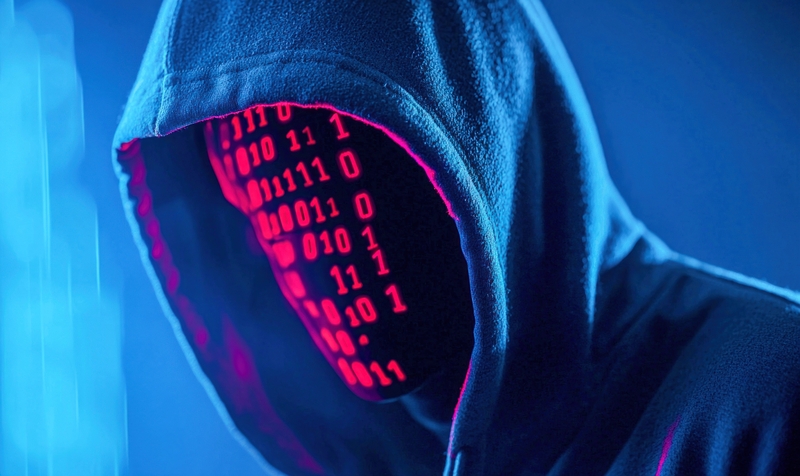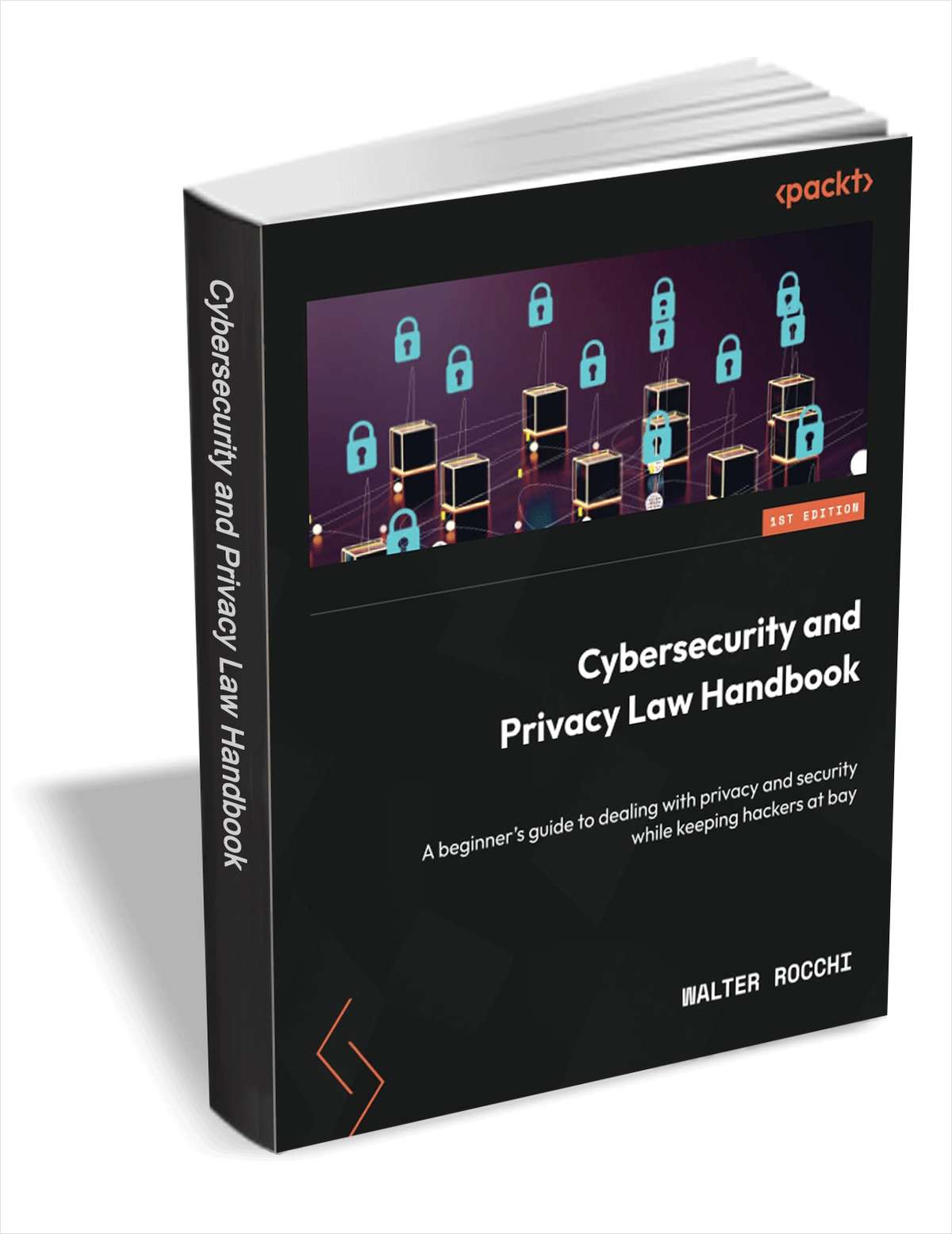
Cybercriminals turn to stealth to bypass malware detection
A new report reveals a 40 percent (quarter-over-quarter) increase in evasive, advanced malware. The data highlights encrypted channels as adversaries' favored attack vector using Transport Layer Security (TLS), the encryption protocol behind most secure web traffic.
The study from WatchGuard Technologies, which provides cybersecurity for MSPs, shows 70 percent of all malware is now delivered via encrypted connections, the findings highlight attackers’ increasing reliance on obfuscation and stealth, and the need for organizations to improve visibility into encrypted traffic and adopt flexible protection strategies.

Holiday season cybersecurity alert: QR code phishing scams
Thanks to the proliferation of smartphones, QR code usage globally has surged by 57 percent, and by 2025, it is forecast to increase by another 22 percent. And up to eight new QR codes are generated per minute globally.
It is no surprise then why QR codes are everywhere -- on billboards, shopping malls, event brochures, restaurant menus, charity websites, parking spaces, you name it! Of course, the genius of QR codes is their ease of use and convenience. For users, one scan and the job is done, be that registering for an event or purchasing an item.

Cyberwarfare 2025: The rise of AI weapons, zero-days, and state-sponsored chaos
As we approach 2025, the notion of warfare is increasingly shifting from the physical to the digital domain. Cyberwarfare, once considered a supplementary tool for traditional military operations, has now emerged as a primary weapon for nations seeking to assert dominance or inflict damage on their adversaries without the need for physical conflict. Simply put, it is easier, requires fewer resources, and can often cause maximum damage without sustained efforts. The rise of AI-driven cyber weapons, zero-day vulnerabilities, and state-sponsored cyberattacks is creating an unprecedented era of digital warfare.
Nation-states and rogue factions are rapidly integrating cyberattacks into their military arsenals, with cyber operations becoming a first-strike option in geopolitical conflicts. By targeting critical infrastructure -- such as energy grids, communication networks, transportation systems, and supply chains -- these attacks can cripple an entire national infrastructure and create mass chaos without a single physical shot being fired. This shift toward cyber warfare reduces the immediate risk of physical casualties, and in turn allows state actors to engage in asymmetric warfare, where a smaller, technologically advanced nation can punch well above its weight.

Scarlett Johansson tops McAfee 2024 Celebrity Hacker Hotlist
McAfee has released its “2024 Celebrity Hacker Hotlist,” highlighting the celebrities whose names are most exploited by cybercriminals. Leading this year’s list is Scarlett Johansson, an actress best known for her role as Black Widow in the Marvel Cinematic Universe. Johansson’s popularity makes her a prime target for hackers, who use her name to trick unsuspecting users into clicking malicious links or downloading harmful files.
McAfee’s report warns that searches involving popular celebrities like Johansson often lead consumers to unsafe sites. These sites can install malware or collect personal data, compromising users’ privacy, data, and identity. The rise of AI has made it easier to create convincing deepfakes, adding another layer of complexity to these scams. These AI-generated images, audio, and videos can be used to deceive fans into engaging with fraudulent content, damaging not only the victim’s finances but also the celebrity’s reputation.

Nation-states and cybercriminals work together to cause more damage
A new report from OpenText finds that collaboration and coordination taking place between nation-states and cybercrime rings to target global supply chains and further geopolitical motives has become a signature trend in the threat landscape.
Russia has been seen to collaborate with malware-as-a-service gangs including Killnet, Lokibot, Ponyloader and Amadey, while China has entered into similar relationships with the Storm0558, Red Relay, and Volt Typhoon cybercrime rings, typically to support its geopolitical agenda in the South China Sea.

Countering the rise of AI criminals
As generative AI tools continue to expand, new doors are being opened for fraudsters to exploit weaknesses. Have you experimented with generative AI tools like ChatGPT yet? From beating writer’s block to composing ad copy, creating travel itineraries, and kickstarting code snippets, there’s something for everyone. Unfortunately, "everyone" includes criminals.
Cybercriminals are early adopters. If there’s a shiny new technology to try, you can bet that crooks will explore how to use it to commit crimes. The earlier they can exploit this technology, the better -- this will give them a head start on defenses being put in place to block their nefarious activities. If tech helps boost the scale or sophistication of criminal attacks, it’s extra attractive. It’s no wonder cybercriminals have been loving tools like ChatGPT.

What a steal! How retailers can protect customer data from cybercriminals
Recent Salesforce research shows 52 percent of consumers expect their offers to be personalized. To create these tailored offerings and drive a seamless customer experience, retailers gather vast amounts of personally identifiable information (PII) -- from addresses to purchasing history and payment information. This makes them an irresistible -- and relatively low risk -- target for cybercriminals. As a result, data breaches within retail are increasingly common, even for major retailers -- as we saw earlier this year with the JD Sports Data Breach, which exposed the PII of around 10 million people.
To help protect consumers, governing bodies are putting increased pressure on companies to comply with data protection rules -- including the UK’s upcoming Data Protection and Digital Information Bill. Consumer trust is key when it comes to retail too. So, companies unable to protect their customer data not only risk enormous fines, but significant damage to their brand reputation. So, following recent high-profile retail breaches, how can brands protect their customers’ personal data?

Get 'Cybersecurity and Privacy Law Handbook' (worth $41.99) for FREE
Cybercriminals are incessantly coming up with new ways to compromise online systems and wreak havoc, creating an ever-growing need for cybersecurity practitioners in every organization across the globe who understand international security standards, such as the ISO27k family of standards.
If you’re looking to ensure that your company's data conforms to these standards, Cybersecurity and Privacy Law Handbook has got you covered.

How to avoid phishing scams as we approach this year's tax deadline
U.S. taxpayers beware! Tax scams and malware attacks are running rampant as we approach this year's tax deadline -- mostly driven by phishing scams.
With the looming April 18 US tax deadline, cybercriminals have sprung into action. For one, a devious Emotet malware phishing campaign has been launched, masquerading as official W-9 tax form emails sent from the Internal Revenue Service (IRS) and companies that may be connected to your work life. A malicious group known as Tactical#Octopus is also on the prowl and looking to spread malware through fake file downloads claiming to be related to taxes.
